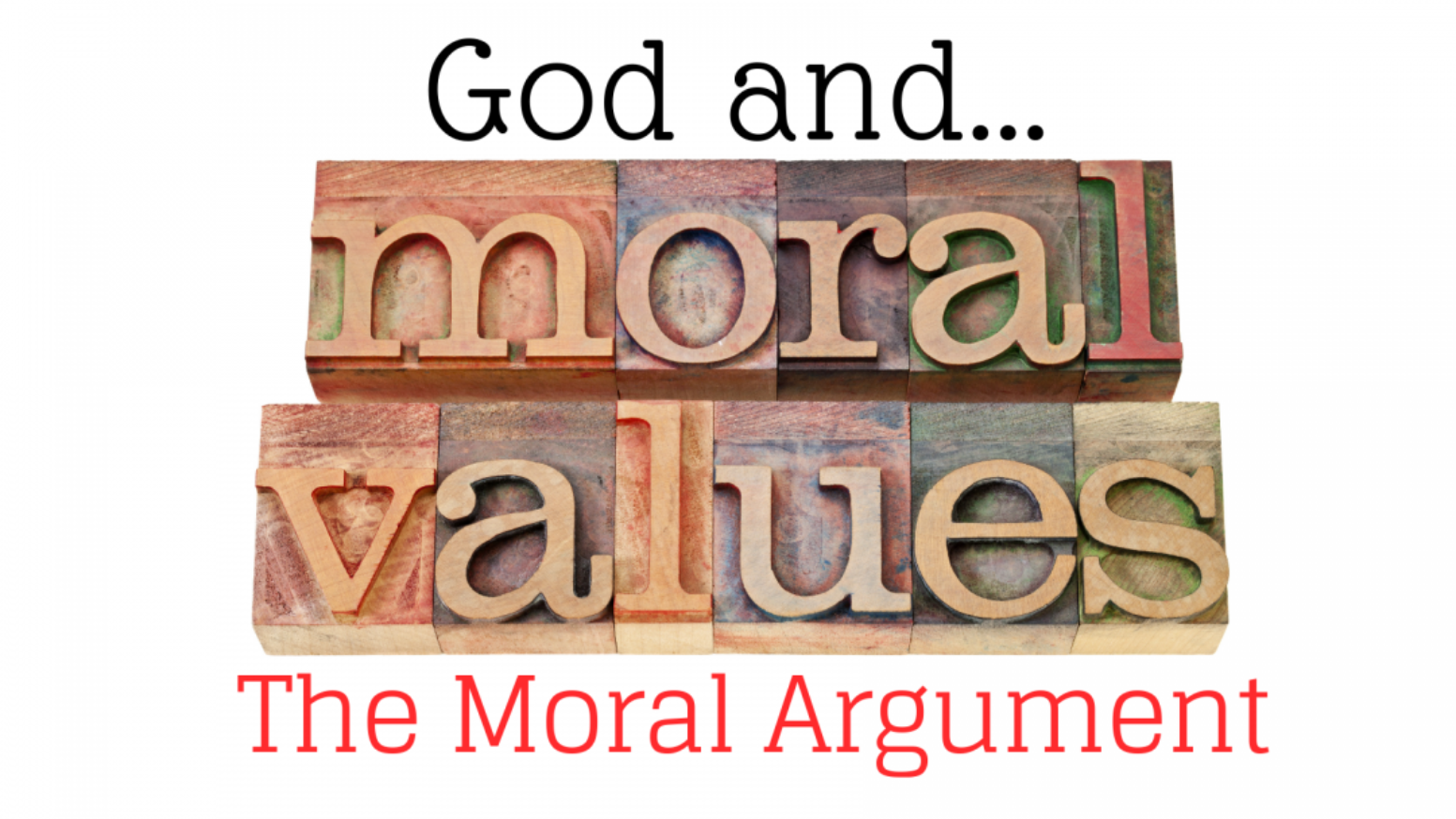In our previous blogs, we have seen that objective moral truths exist. We have also seen that moral naturalism, ethical subjectivism, cultural relativism, the law of the land, utilitarianism, and brute fact cannot account for the existence of objective moral truths. In this blog, we will argue that God is the necessary explanation for the existence of objective moral truths. Or, to say it another way, we will argue that if God exists, then we can account for the existence of objective moral truths.
But, first, when we speak of God, what do we mean? When a Christian speaks of God in the moral argument, her or she has in mind the God of the Bible who is presented as “that than which a greater cannot be conceived.”[1] He is the perfect being having all power, all knowledge, and all goodness. He is the “locus and paradigm” of moral value.[2] As the Bible describes Him (NASB), "The Lord is Good" (Psa. 100:5) and every good thing comes from Him (Jas. 1:17).
With this definition in mind, consider how God serves as an explanation for the existence of objective moral truths:
- If a perfectly good God exists, then we have an ultimate standard in our reality by which to judge all moral statements or actions—God's perfect nature. Any moral truth can be put to this test: does it correspond to or conflict with God's perfect nature.
- If a perfectly good God exists, then we have an additional standard in our reality by which to judge all moral statements or actions—The Bible. Any moral truth can be put to this test: does it correspond to or conflict with the word of God. What does the Bible say?
- If a perfectly good God exists, then we have a standard in our reality by which to judge all moral statements or actions. So, we have answers to the moral concerns of Knowledge, Agreement, Absolutism, Progress, Justice, and Human Value.
- If a perfectly good God exists, then we have a Lawgiver who wrote the law by which we all feel bound. Laws, after all, come from persons. And, to feel bound by the moral law requires that there is a person who has the authority to bind us and to whom our moral duties are due.
- If a perfectly good God exists, then we have a Judge who wrote the law by which we all feel bound and who will judge us according to it, rewarding good, punishing evil, and offering ultimate justice.
In other words, if a perfectly good God exists, then we have an explanation for the many moral facts of life. On the other hand, without God, we are morally lost and life is ultimately meaningless and absurd. As Solomon wrote a long time ago, “vanity of vanities, all is vanity” (Ecc. 1:2, 12:8). In examination of the many options for explaining the existence of objective moral truths, we conclude, in agreement with the moral argument that 1. If objective moral truths exist, God must exist; 2. Objective moral truths exist; therefore, 3. God must exist.
[1] Williams, Thomas, "Saint Anselm", The Stanford Encyclopedia of Philosophy (Spring 2016 Edition), Edward N. Zalta (ed.), URL = <https://plato.stanford.edu/arc...;.
[2] Craig, William Lane. “Defining God.” Reasonable Faith, www.reasonablefaith.org/defining-god.
